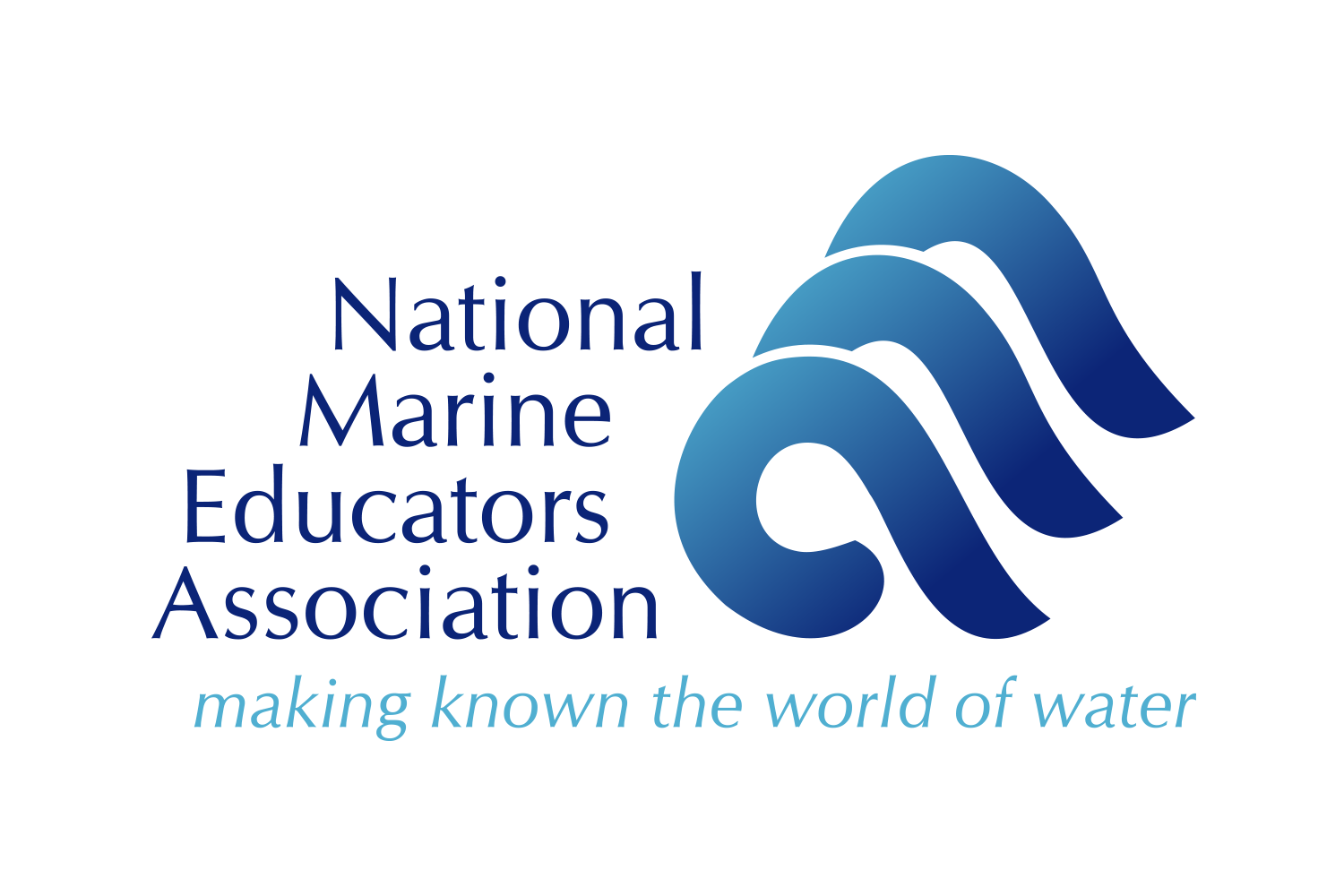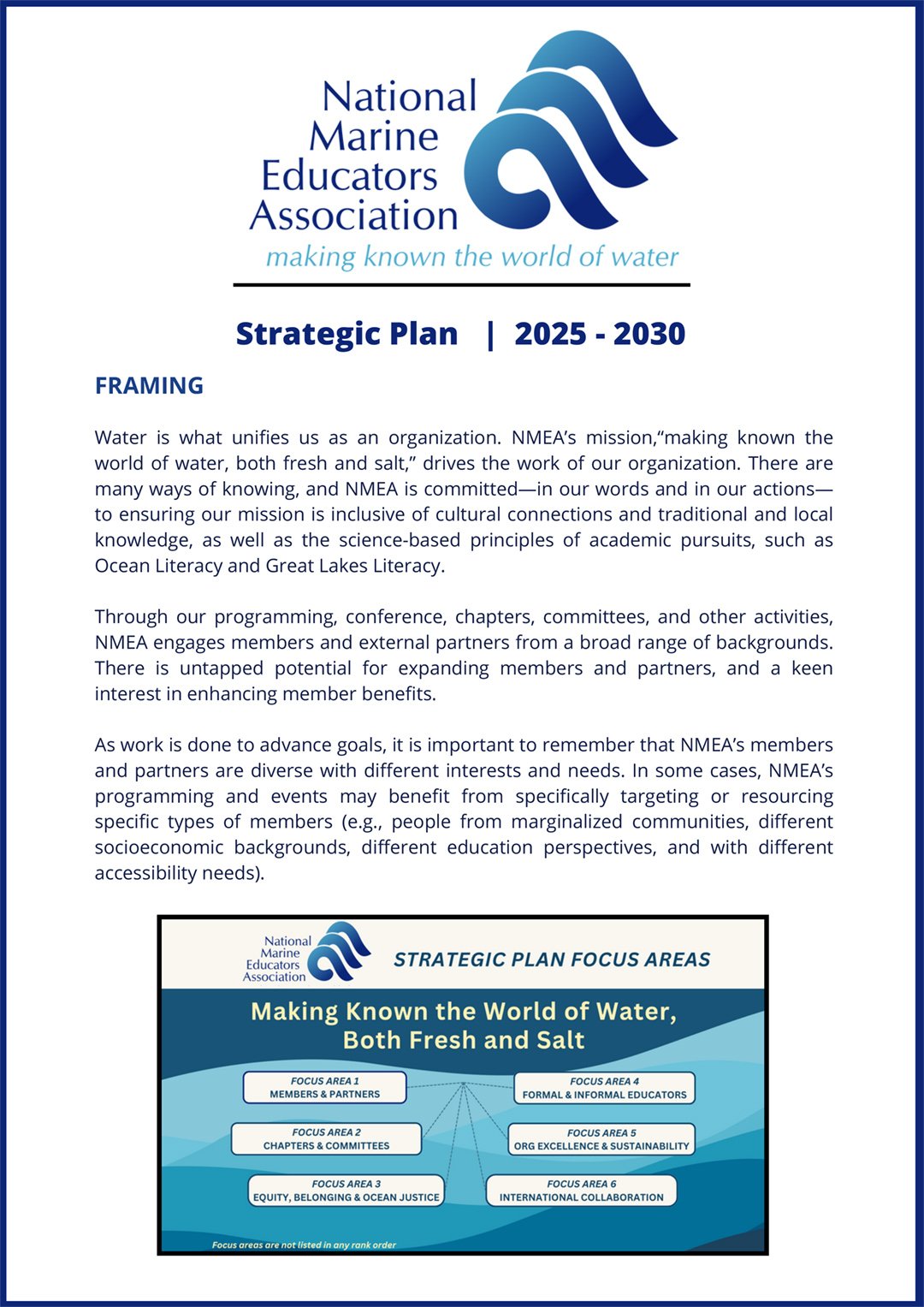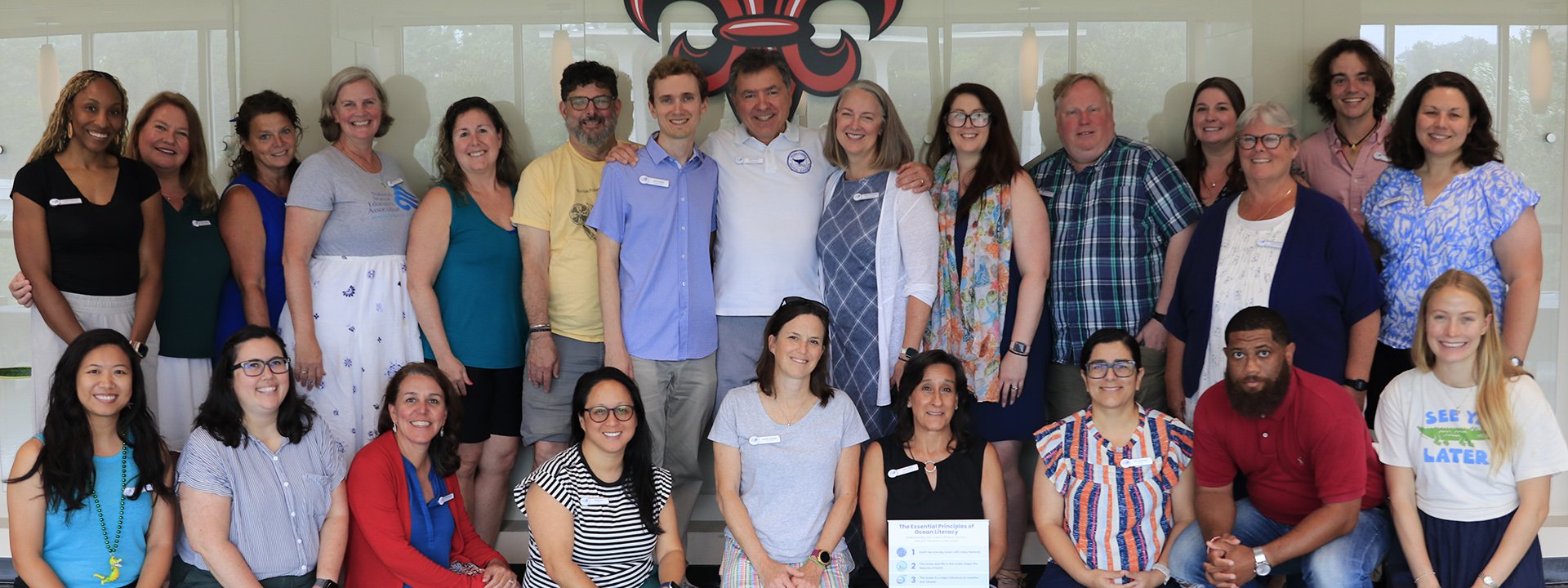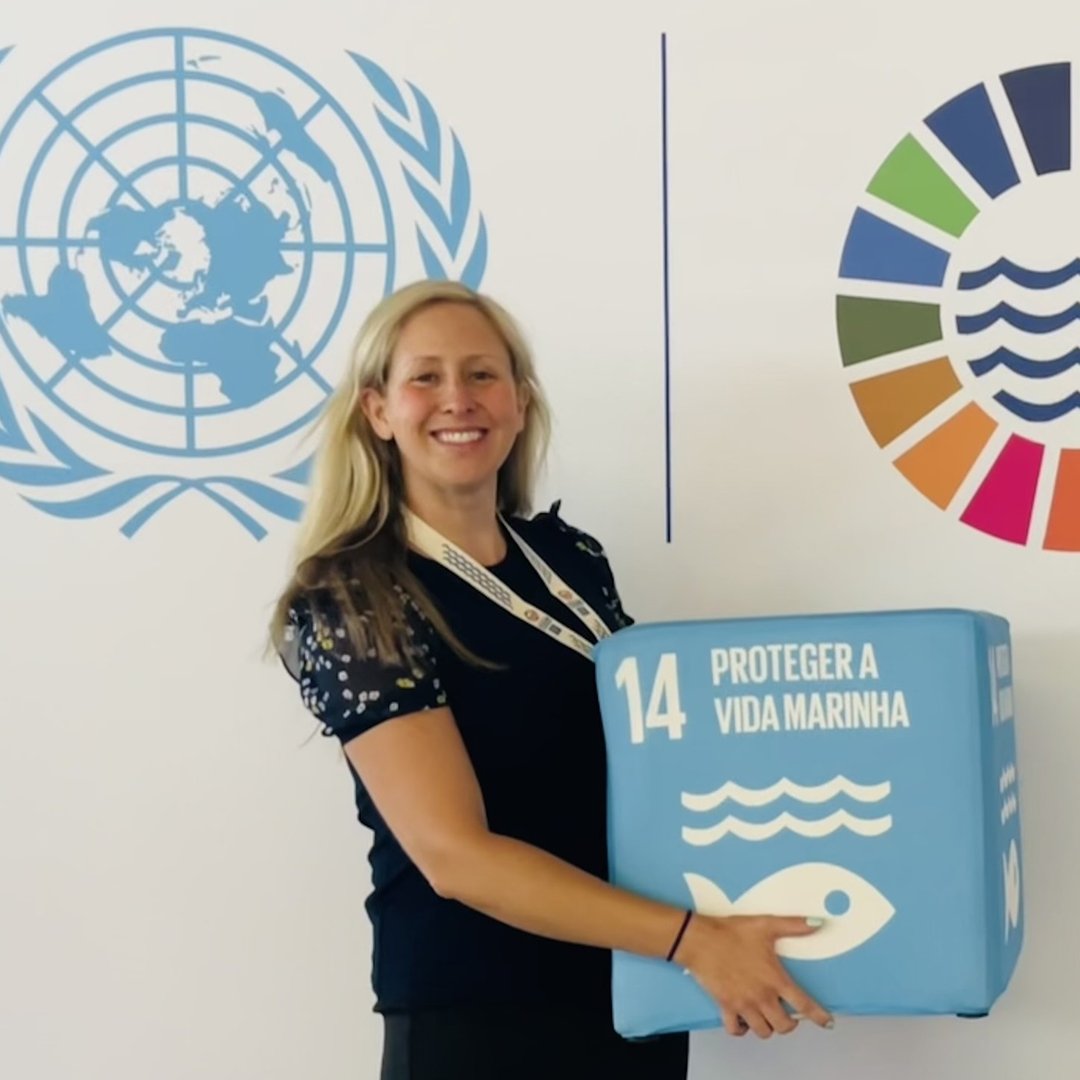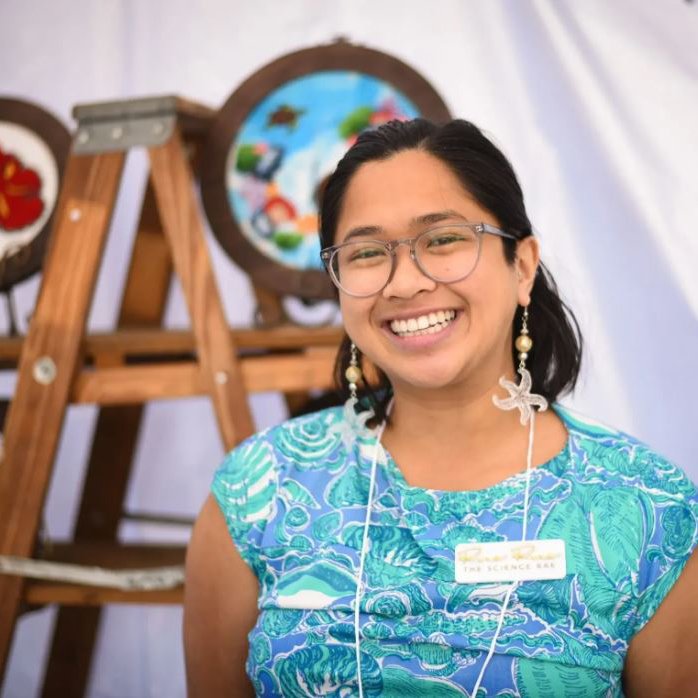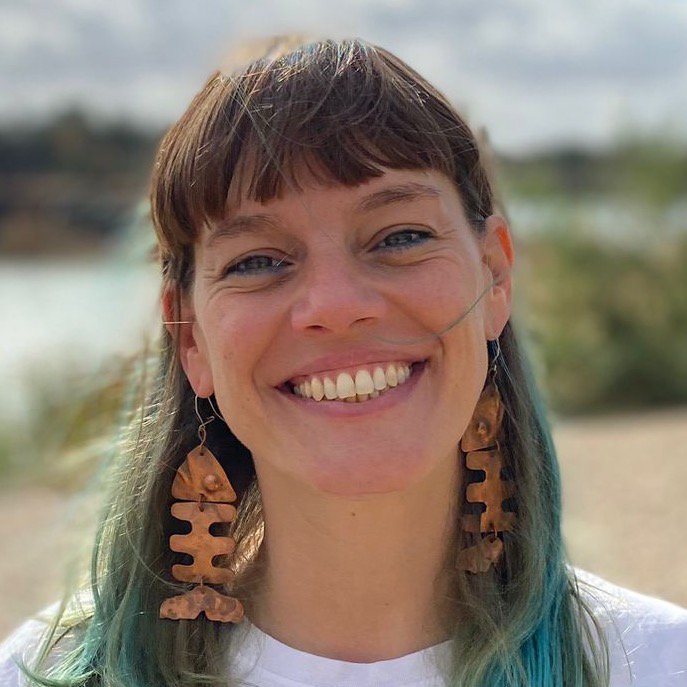National Marine Educators Association (NMEA) is a dedicated, influential member-based organization of classroom teachers, informal educators, university professors, scientists, and more from around the world working together to advance the understanding and protection of our freshwater and marine ecosystems. From scientists working in the deep sea to students studying underwater archeology in the Great Lakes, NMEA members are dedicated to making known the world of water, both fresh and salt.
NMEA is a national organization powered by individual, regional chapters who provide the on-the-ground efforts that support and promote national initiatives in education and conservation such as ocean literacy.
NMEA has a rich history that spans over 45 years and hosts inspiring annual conferences in different locations across North America. NMEA has also recently inspired the creation of the European Marine Science Educators Association (EMSEA) and the Asia Marine Educators Association (AMEA), and collaborates regularly with similar associations based in Australia (MESA) and beyond.
NMEA has developed a Code of Conduct, which outlines core principles that encourage constructive discourse, respectful interactions, and the creation of a positive environment where our members and friends can promote and support ocean literacy and making known the world of water, both fresh and salt.
Mission
To make known the world of water, both fresh and salt
NMEA Focus Areas and Strategic Goals
FOCUS AREA 1: MEMBERS & PARTNERS
Goal 1.1: Engage and Grow Membership
Goal 1.2: Cultivate Strategic and Active Partnerships
Focus Area 2: Chapters & Committees
Goal 2.1: Stronger Connections Between and Among NMEA, Chapters, and Committees
Goal 2.2: Robust and Resilient Chapters/Committees
Focus Area 3: Equity, Belonging & Ocean Justice
Goal 3.1: NMEA’s Programs, Practices, and Processes Center Equity
Goal 3.2: NMEA’s Members and Leaders Are Diverse
Goal 3.3: NMEA Serves as a Key Promoter for Ocean Justice
Focus Area 4: Formal/Non-formal/Informal Educators
Goal 4.1: NMEA’s Relevance for All Educators Is Known and Leveraged
Goal 4.2: Actively Engage More Educators in NMEA
Focus Area 5: Organizational Excellence & Sustainability
Goal 5.1: NMEA Is Thriving and Sustainable into the Future with Robust Funding and Leadership
Goal 5.2: NMEA Is Well-Known and Highly Respected Nationally and internationally Among Educators
Goal 5.3: NMEA Is a Resource for Decision-Makers and Policy-Makers
Goal 5.4: NMEA’s Organizational Structure and Operating Procedures are Clear, Efficient, and Effective
Focus Area 6: international Collaboration
Goal 6.1: NMEA’s Organizational Structure Fosters Strong, Consistent Support for International Activities and Collaborations
Goal 6.2: NMEA Creates Space and Opportunities for International Members to Meaningfully Collaborate
Goal 6.3: NMEA Is Involved in International Collaborations
Our Core Values
Excellence
We utilize and provide access to the best available science and educational practices and resources in everything we do.
We demonstrate integrity and lead by example, practicing what we teach at our conferences, in our work, and in our everyday lives.
We continually work to strengthen NMEA as a healthy, fiscally responsible organization.
Camaraderie
We cherish the camaraderie among our members, building strong, lasting professional and personal relationships among colleagues who share common goals.
The relationships among members nurture and support us as individuals, allow us to leverage each other as resources, and lead to important collaborations and partnerships.
We enjoy working together and we take NMEA’s mission seriously – we know that in order to successfully fulfill our mission and vision, we must do it together.
Our leadership within NMEA provides links among all members and to other professional organizations, enabling the sharing of ideas, resources, and progress, lending fulfillment to our vision.
Action
We educate and inspire people to understand and value their relationship with the ocean and all watersheds, so that they can make informed choices about their behavior.
We value the role of educators and support them with tools, conferences, publications, and resources so that they, in turn, can promote understanding and action in their students.
We empower the public to take an active role in protecting the global ocean and water resources.
Inclusiveness
We believe that bringing together a wide variety of communities with diverse perspectives strengthens marine and aquatic education.
We encourage interdisciplinary approaches to our activities and strive to incorporate many disciplines into resources we provide.
We welcome and include many types of educators, and we honor and utilize the contributions of all our members.
We are passionate about reaching and inspiring broad audiences, and will stay open to new ideas, perspectives, and input.
Leadership
We inspire and encourage our members to serve as tenacious, passionate leaders, both within and outside the organization.
We support our members as they serve in leadership positions in universities, government agencies, and in formal and informal education institutions and businesses.
We drive the conversation regarding marine and aquatic education, influencing policy, practice, and funding.
Regional Chapters
We encourage you to join your regional chapter. Use this map to identify your region, and click the contact information below. If your state is not listed, a chapter from a neighboring state would love to have you join.
Florida Marine Science Educators Association (FMSEA)
Florida & Caribbean




Georgia Association of Marine Education (GAME)
Georgia

Great Lakes Educators of Aquatic and Marine Sciences
OH, PA, MI, WI, MN, IL, IN


Gulf of Maine Marine Education Association (GOMMEA)
ME, NH, VT, Canadian Maritimes

Massachusetts Marine Educators (MME)
Massachusetts


Mid-Atlantic Marine Education Association (MAMEA)
NC, VA, DC, MD, DE




New Jersey Marine Education Association (NJMEA)
NJ & Eastern PA




New York State Marine Education Association (NYSMEA)
New York




Northwest Aquatic and Marine Educators (NAME)
WA, OR, AK, British Columbia




Oceania
Hawai'i and other Pacific Island Nations



South Carolina Marine Educators Association (SCMEA)
South Carolina




Southern Association of Marine Educators (SAME)
LA, MS, AL + central time zone FL (TX is welcome too!)


Southeastern New England Marine Educators (SENEME)
Rhode Island & Connecticut




Southwest Marine/Aquatic Educator's Association (SWMEA)
CA, CO, NM, NV, AZ



Tennessee Educators of Aquatic and Marine Science (TEAMS)
Tennessee


Texas Marine Educators Association (TMEA)
Texas; Currently inactive; see SAME
Board of Directors
2024-2025 Board of Directors at NMEA 2025 in Lafayette, Louisiana
Officers
President: Tami Lunsford (2025-2026)
Newark, DE
President-elect: Sean Russell (2025-2026)
Inverness, FL
Past President: Tara Hicks-Johnson (2025-2026)
Durham, NH
Treasurer: Don Pinkerton (2024-2027)
Swampscott, MA
Secretary: Sonia Ahrabi-Nejad, (2025-2028)
Northboro, MA
Directors
Trey Broadhurst (2025-2028)
Conroe, TX
Frances Lang (2025 - 2028)
San Diego, CA
Rae Quadara, (2025 - 2028)
Ocean Springs, MS
Yolanda Sanchez (2025-2028)
Sevilla, Spain
Bailey Dawson (2024-2027)
Atlanta, GA
Kathy Fuller (2024-2027)
Brandywine, MD
Maria Madrigal (2024 - 2027)
Los Angeles, CA
Cassie Stymiest (2024-2027)
Northwood, NH
Maggie Allen (2023-2026)
Silver Spring, MD
Sandra Bilbo (2023-2026)
Moss Point, MS
Valerie Cournoyer (2023-2026)
Seymour, CT
Joanna Philippoff (2023-2026)
Honolulu, HI
Committee Chairs
Operations Pod
Bylaws: David Christopher, Chair
Chapters: Sean Russell, Chair; Maile Sullivan, Vice Chair
Executive: Tami Lunsford, Chair
Finance: Don Pinkerton, Chair
Grants and Development: Charlene Mauro, Chair
History: Sarah Richards, Chair
Equity and Belonging: Rae Quadara & Symone Barkley, Co-Chairs
Strategic Partnerships: Tara Hicks Johnson, Chair; Rochelle Strauss, Vice Chair - Endorsements; Larrisa Zip, Vice Chair - Ocean Technology
Communications Pod
Outreach: Cassie Stymiest, Chair
Current: Meg Marrero, Chair
Social Media: Vacant
Technology: Sandra Bilbo, Chair
Stakeholders Pod
International: Géraldine Fauville & Susan Haynes, Co-Chairs
Membership: David Christopher
Student Engagement: Kacey Gaylord-Opalewski & Kathy Fuller, Co-Chairs
Issues and Trends Pod
Conservation: Frances Lang & Jesse Gwinn, Co-Chairs
Education Research and Evaluation: Jennifer Cook, Chair
Ocean Literacy: Diana Payne, Chair; Sarah Schoedinger & Catherine Halversen, Vice Chairs
Traditional Knowledge: Linda Chilton & George Matsumoto, Co-Chairs
USA Blue Schools: Meg Marrero, Chair
Events Pod
Awards: David Wehunt, Chair; Nikita S. Lacour-Dukes, Vice-Chair
Conference: Robert Rocha, Chair
Scholarship: Courtney Gerstenmaier Felton, Chair
Ad Hoc
Past Presidents: Mike Spranger, Chair
Strategic Planning: Emily Yam, Chair
National Office
National Office Executive Administrator: Jackie Lewis
Contracted Staff
Social Media Community Manager: Jennifer Magnusson
Current Editor: Zach Greenberg
Chapter Representatives
Florida Marine Science Educators Association (FMSEA):
Heather Seaman, West Palm Beach, FL
Georgia Association of Marine Education (GAME):
Beth Palmer, Tybee Island, GA
Great Lakes Educators of Aquatic and Marine Science (GLEAMS):
Mandi Young, Traverse City, MI
Gulf of Maine Marine Education Association (GOMMEA):
Jennifer Kennedy, Portsmouth, NH
Mid-Atlantic Marine Educators Association (MAMEA):
Dawn Sherwood, Highland Springs, VA
Massachusetts Marine Educators (MME):
Emily Duwan, Boston, MA
Northwest Aquatic and Marine Educators (NAME):
Maile Sullivan, Seattle, WA
New Jersey Marine Educators Association (NJMEA):
Diana Burich, Fort Hancock, NJ
New York State Marine Educators Association (NYSMEA):
Leann Winn, New York, NY
Oceania (Hawai'i and Pacific Islands):
Madeleine Sherman, Coral Resilience Lab, Hawai‘i Institute of Marine Biology, Kāne‘ohe, HI
Southern Association of Marine Educators (SAME):
Alma Robichaux, Thibodaux, LA
Angie Dixon, Dauphin Island, AL
South Carolina Marine Educators Association (SCMEA):
Jaime Thom, Charleston, SC
Southeastern New England Marine Educators (SENEME):
Amy Ferland, Groton, CT
Southwest Marine Educators Association (SWMEA):
Jennifer Runyan, Long Beach, CA
Tennessee Educators of Aquatic and Marine Science (TEAMS):
David Wehunt, Soddy Daisy, TN
Texas Marine Educators Association (TMEA):
Vacant
For a full listing with contact information, please contact nmea@marine-ed.org.
NMEA Committees
We encourage NMEA members to check out and get involved in one or more of our committees!
Scholarships
Interested in attending NMEA’s annual conference but could use some financial assistance? NMEA offers NMEA member-only and non-member scholarships to help you get there!
Learn more on our Scholarships page >
Awards
NMEA offers awards in six categories, plus Honorary Membership. To nominate an individual or organization for any of these awards, complete and submit the award specific nomination form and all required materials.
Full details about these awards and the nomination process can be found on our Awards page >
